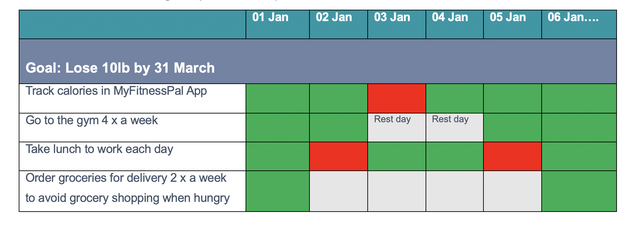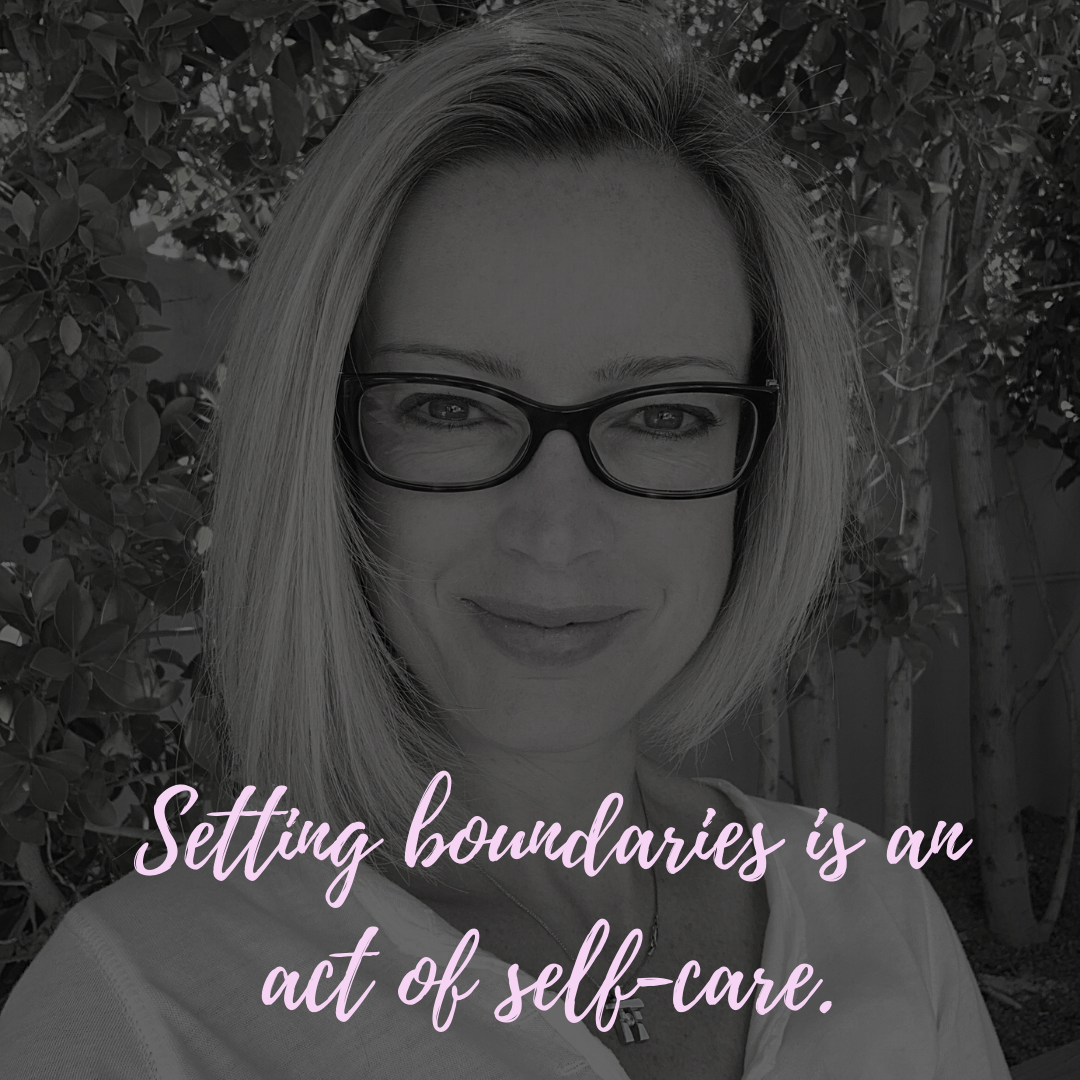|
Several clients over the years have confided to me that they are the subject of narcissistic abuse, and they don't know how to get out from under the narcissistic abuse and rage. My advice has been and continues to be: DON'T ENGAGE THE NARCISSIST.
Narcissists feed off narcissist supply. Meaning they need constant attention, adoration, and drama to feel worthy. To gain this supply, they accuse their targets of gaslighting, lying, infidelity, abuse, bullying, and grandiosity, to name but a few, but in actual fact, what they are doing is telling on themselves. They accuse their victims of doing what they are doing. This is called narcissist projection. You won't win trying to convince a narcissist that what they say is untrue because they cannot hold themselves accountable and responsible for their behaviors. They don't have the self-awareness or cognitive ability to reflect and analyze their actions and behaviors and instead project their issues onto their victims. The best thing you can do when faced with a narcissist is:
These are a mere snippet of tips on dealing with a narcissist. If you would like more suggestions, let me know by leaving comments below. Wishing you all love and light, Claire xx #narcissist #narcissisticabuse #emotionalabuse #gaslighting #narcissism #toxicpeople #manipulation #selfworth #narcissisticpersonalitydisorder #npd #nocontact #love #trauma #toxic #covertnarcissist #traumabonding #narcissistic #mentalhealth #empath
0 Comments
In this goal setting post series, I have outlined two steps: Step 1: To change your life, you first have to identify what you need to change. In case you missed this post and would like to download the FREE “Life Review Deep Dive” exercise to help you get clarity, you can revisit the post and exercise here: https://www.itopiacoaching.com/blog/change Step 2: Once you have identified what you need to change, there is still one more step you need to take before setting goals. This step is: understanding your motivation for the goals. In case you missed this post and would like to revisit it and download the FREE goals setting exercise, you can access it here: https://www.itopiacoaching.com/blog/start-with-why Step 3: In this step I showed you how to set goals using the iTOPIA acronym. In case you missed this post and you would like to download the FREE goal setting template and exercises, you can access it here: https://www.itopiacoaching.com/blog/set-goals Now let's talk about the importance of celebrating success & monitoring progress. Celebrating Successes Milestones are essential steppingstones towards realising your dreams, and it is critical to recognise and celebrate these successes. Without recognising and acknowledging the achievements we make towards our goals, and, by only focusing on the result, our goals can feel and seem too overwhelming, which can lead us to give up the pursuit of our dreams. I recommend diarising a reward in your diary at the end of each quarter to celebrate your achievements thus far – having a reward diarised will help keep you incentivised as you work towards your goals. Key questions to ask yourself:
Monitoring Progress In addition to maping out when to celebrate successes it is also imperative to set out a goal plan. Setting a goal map or plan is essential to achieving our goals – without setting out a plan it is near impossible to reach our goals because, without a plan, there is no strategy or accountability. I log my goals and initiatives in an excel spreadsheet; however, you can choose to do this more straightforwardly, for example, in a notebook. The critical thing to remember is to record your progress against your goal initiatives daily so that you can refer back and measure your progress against your goals at the end of each quarter. Refer to the below goal plan example: The green fill indicates that the goal initiatives were achieved, whereas the red indicates that the goal initiative was not achieved. Exercise 1: Create your own goal plan in either an excel spreadsheet or notebook. Exercise 2: Once you have been working on your goals for 4 months, complete the attached Annual Quarterly Review Assessment. Document the achievements that you have made towards your goals and also detail the challenges/obstacles you faced. Conducting this exercise will ensure that you recognise and celebrate your successes as well as acknowledge the roadblocks/obstacles that you may need to adapt to in order to reach your goals the following quarter.
So many people have told me recently that they are feeling unmotivated. And, I get it. We are living in unprecedented times. Covid19 has reduced our freedom of movement, changed how we socialise, altered our working lives, changed how we school our children, and at this stage, we don’t know if or when normality will return. In essence, we are living a new normal; however, this new normal brings a lot of uncertainty, stress and anxiety. Overnight our daily structures and goals went into disarray, and this has led many of us to have days and weeks of feeling “up and down”. One day we may feel great and purposeful to only a few short days later, a feeling of melancholy creeps in, leading us to think what is the point? The up and down feeling produced by not knowing what the future will look like has caused many of us to feel unmotivated. Combine this feeling with the distractions that we are surrounded with at home, where many of us are now working, and a double whammy hits our motivation. So, what immediate steps can we take to renew our vigour, navigate a new direction & get motivated again? COMMIT TO CHANGEThe first step is committing to ourselves that we are no longer satisfied with feeling up and down, stagnating and feeling stuck in a rut. This may sound easy; however, it’s not – because when we have no energy and are feeling unmotivated, our initial commitment may only last 5 minutes until the next distraction or feeling of hopelessness creeps up into our psyche. To mitigate this, we need to hold ourselves accountable for the changes we want to make. And one of the best and easiest ways to do this is by creating a commitment pledge of what we intend to do which affirms and reaffirms our commitment to change. Exercise Write out a commitment pledge and put it in your wallet, on your wall or somewhere that you can see it often. Refer to the below examples of commitment pledges: I am committed to refraining from what does not serve me. I am committed to not watching the news or viewing social media. I am committed to eating healthily and exercising. I am committed to getting 8 hours of sleep each night. I am committed to establishing a daily routine. Read the commitment pledge to yourself 3 x a day; once on rising, once in the afternoon and once again before going to bed. Alternatively, read the pledge into a voice recorder and listen to it 3 x a day. Set a timer to go off throughout the day to remind you to read or listen to your pledge. The act of reaffirming your commitment each day re-programs your brain into believing and acting on what you are intending. And, eventually, with time and action, your commitment will become second nature, which will help you to become motivated. ESTABLISH A DAILY ROUTINEWithout a daily routine, our thoughts of what’s the point can become exacerbated because the lack of structure gives us time to ruminate on what isn’t working in our lives. This then makes it hard for us to get focussed; which causes a lack of motivation and impacts our productivity. Exercise Establish a daily routine by writing down and mapping out a schedule for your day and ensure that you stick to your plan. Some things that you may wish to include in your daily routine are:
Establishing daily routines benefits our health and wellbeing, keeps us focused and productive and helps us to form good habits. This is because having a routine gives us a sense of control which is particularly important during these challenging times. With all this said, it is essential to remember that contrary to popular belief, it doesn’t take 21 days to form a habit (this is a myth) but 66 days according to research conducted by University College London. Therefore, it is essential to give yourself a break if your commitment to the above ebbs and flows initially. With time, eventually, it will get easier, and your motivations will increase.
We all want to be accepted and validated. However, for some people, the need for approval leads to such unhealthy people-pleasing tendencies that they negate their own opinions, wants and emotions in favour of the approval of others. People-pleasers often do not end up living the life that they desire because to avoid disappointing someone, or to avoid an adverse reaction; they put other people’s feelings ahead of their own by frequently say “yes” when really, they mean “no”. And the reason why they do this is for a multitude of reasons:
I myself was an anxious kid growing up, and this led me to become a people pleaser, which I continued to be for a good portion of my adult life. Despite having an inner voice telling me that I didn’t want to do certain things, I would invariably end up ignoring my inner voice to make other people happy. I assumed that if other people were happy, that meant that they would “like” me. Essentially I had very poor self-worth. “When you say “yes” to others, make sure you So how do we learn to develop a strong sense of self and drop the people-pleasing tendencies? Put Yourself First This is a radical concept for a people pleaser, especially for a lifelong people-pleaser. In my late 20’s/early 30’s I realised that by putting others first, I was putting myself last, and with this realisation, I began working on reversing this. I began to put myself first by no longer looking for other people’s approval to make me happy. Furthermore, I stopped thinking that I had to be the source of other people’s happiness. Before agreeing to or committing to anything, I began asking myself what my gut reaction was telling me. Was my gutting screaming “hell yes” or was it screaming “hell no”? Whatever my gut told me, I went with it, regardless of if my decisions or actions would displease someone else. Eventually, with practice, listening to my gut became section nature. Key questions to ask yourself:
Accept Yourself Society and in particular advertising tell us that we need to be perfect. Our bodies need to be the ideal size and shape, and this pressure to be perfect is compounded by perfectionism being ‘sold’ on social media these days. Airbrushing, filters and the highlight reel of people’s lives plastered across social media make the people viewing these posts feel like they are lacking. And the resulting “less than” feeling can lead people to ask themselves: Why aren’t I perfect and why isn’t my life perfect? The best thing we can do to stop putting pressure on ourselves to be perfect, and, to cease being a people-pleaser is to accept ourselves as we are. To cultivate self-acceptance, we need to appreciate that comparing and contrasting ourselves to others and societies expectations of us is not empowering. The media, social media, and advertisements that continuously bombard us are unrealistic, and we must recognise this. Pictures are photoshopped and airbrushed, and the sound-bites we view from friends, family and celebrities via social media are but a snippet of reality. Knowing and realising this is a fundamental step to developing self-acceptance. Furthermore, to develop self-acceptance, we need to love and accept both our positive and negative qualities without judgement. We need to recognise that everyone has faults – there are no perfect human beings and putting ourselves down and beating ourselves up is not beneficial, nor is it healthy. Key questions to ask yourself:
Develop Boundaries I have discussed setting boundaries on a few other occasions so I won’t repeat these here, however, if you would like a refresher on how to establish, communicate and commit to boundaries, you can read how here: feelings.html and setting-boundaries.html “Your self-worth is not determined by others.” To conclude, you do not have to be a people pleaser, and you do not need the approval of others. If you receive an adverse reaction from someone because you said ‘no’ or because you decided to honour your needs instead of someone else’s, remember that you do not need to feel guilty. Their response is an indication that they do not respect your boundaries, and as a result, this is their issue, not yours.
Have you ever felt, or do you feel stuck in a rut in life, yet at the same time have a fire in your belling telling you that something is missing? That there is more to life than what you are currently living? Yet at the same time, do you feel paralysed from moving forward and making changes? I am asking you this question because this is a common theme that I hear in my coaching practice. And, because it is such a common topic, I want to address it here. We can find ourselves falling into a rut for a myriad of reasons which include:
The reasons highlighted in bold were my predilections. And this week, I am going to focus specifically on addressing these issues: Not feeling good enough & feeling guilty When I was less than a year old, my parents went through an acrimonious divorce. I was an only child, and like many children of divorce, I felt insecure and torn between both of my parents. I had a deep fear of abandonment as well as fear of not being good enough. The strain of my parents’ divorce was further compounded by the fact that I attended a strict Catholic school, which severely frowned on divorce. Given that I was the only child in the entire school that was a product of divorce, the whole school body took distinct umbrage with my own parent’s divorce. It was the 1970’s, divorce was not common nor accepted within the Catholic faith, and this resulted in my being singled out as being wrong and sinful. The tyrannical school principal had a proclivity for screaming and yelling, and in school assemblies would relentlessly bellow and proclaim that anyone who got a divorce would be sent to hell. I was petrified of the school principal, and I became convinced that alongside my parents, I too would be sent to hell. The worry of my parent’s divorce as well as attending Catholic school resulted in me living in a continuous state of fear and anxiety which was not helped by the fact that I was a poor performing student. I was a C student pretty much throughout Elementary and Secondary school with the only subject that I excelled at being English. In particular, I was terrible at mathematics, and I considered myself lucky if I obtained a C in the subject; usually, it was a D. I just could not get my head around the topic and really did not care how many marbles Johnny had left when Amy had twenty-three and took nine from Mark while travelling on a train at 160 miles an hour balancing on one leg while wearing blue socks on a Tuesday. For me, mathematics was like trying to read a foreign language and try as I might, I just could not make sense of it. And because I drew poor grades in school, this perpetuated my anxiety both at home and at school. The schoolteachers required parents to sign all test scores, and with trepidation and fear, I would muster up the courage to show my test scores to my father. He, in turn, would become infuriated and refuse to sign them, to which I would then have to return to school terrified and report that my tests weren’t signed. I would later be reprimanded in front of the class and assigned detention. And this cycle repeated for years. As a consequence, I grew up believing that I wasn’t smart or good enough. Furthermore, my parents’ divorce, as well as the distorted messaging I received in school about God, meant that I grew up to become a fearful, people-pleasing kid and then an adult with abandonment issues. “Everybody is a genius. Feeling not good enough or smart enough was a narrative that I clung to for years, even when I graduated with honours from college and had huge successes in my previous careers. And this coupled with the guilt that I was raised with (that other people are less fortunate, and therefore I had no right to complain), paralysed me from changing my life, which resulted in me falling into a deep rut. So how did I begin to crawl out of the rut I found myself in? I did this by working on gaining awareness and insights into the narrative, negative beliefs and negative self-talk that I used to describe who I was and what I was capable of. And from there I was able to create a new, empowering narrative for myself. Often we are not entirely aware of what limiting beliefs and negative thoughts we have because we have become so accustomed to saying and believing them. Yet it is imperative to gain an understanding of them because limiting beliefs and negative self-talk hold us back from taking action and making changes in our lives; which can lead us to feeling stuck and in a rut. We can gain an awareness of these beliefs by honestly asking ourselves and answering the following questions:
Once we gain awareness of our limiting beliefs and how we hold ourselves back, we can begin to build a plan towards moving out of the rut and into a new empowering future. Looking to further your getting unstuck journey? Sign up for the iTopia Signature Program: Getting out of the Rut by Getting Unstuck |
�
Claire RogersHi! Welcome to the Mindset Coaching Blog, where I will be sharing with you how to develop healthy habits and empowering beliefs. Blog Categories
All
Ready to further your personal development journey?
Sign up for the the iTopia Signature Coaching Program: Getting Out of the Rut by Getting Unstuck! An online self-directed mindset coaching program built on the idea that life satisfaction and happiness comes from pushing past limiting beliefs, the status quo and our comfort zone. |
||||||||











